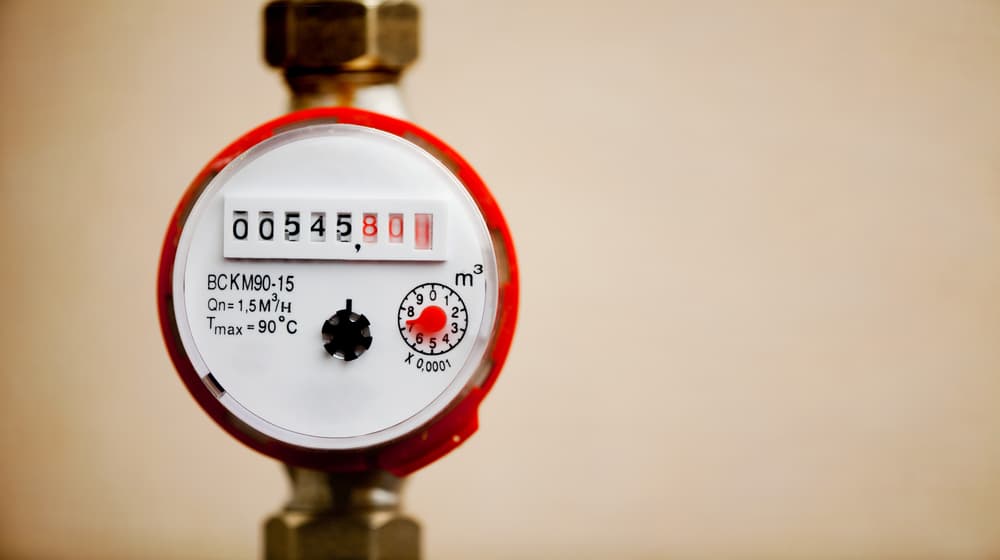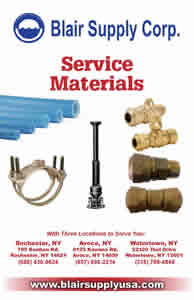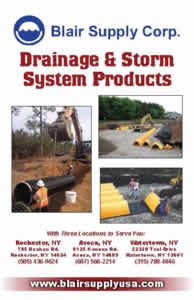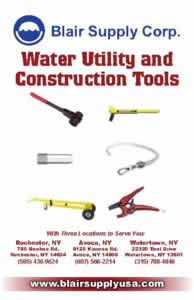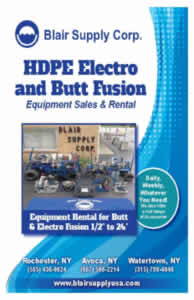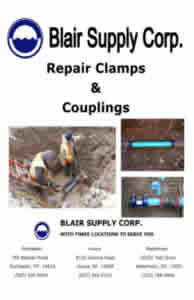Blog
In-Depth Residential Water Meters Walkthrough
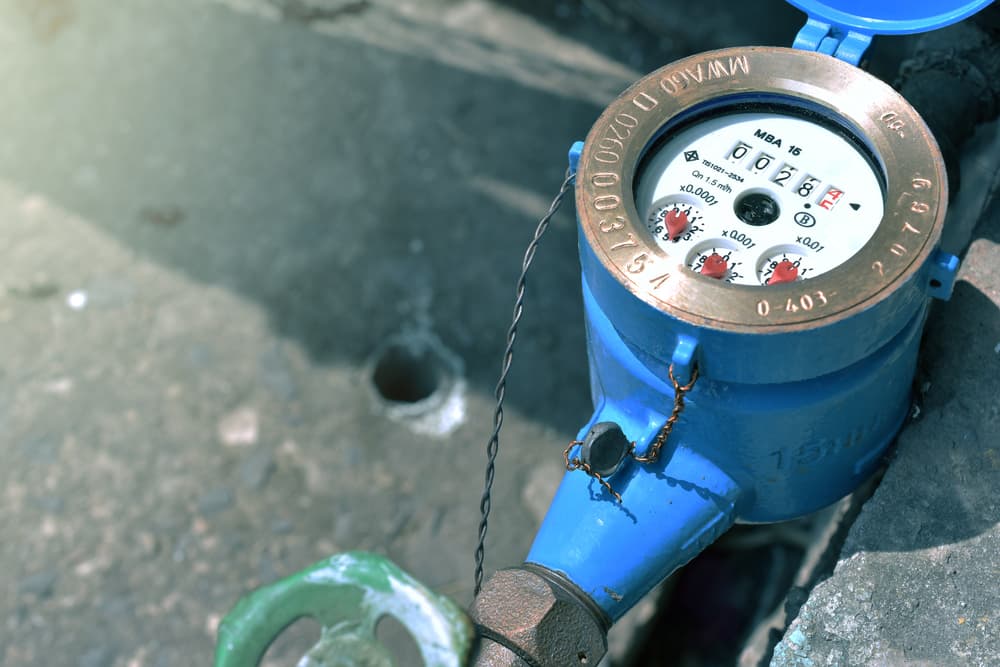
For most people in Watertown, water meters fall into the “set it and forget it” category, which can be considered a great injustice. These devices are directly responsible for the fair billing of your water consumption, can be used to promote conscious expenditure and conservation efforts, and even act as leak detection “hardware”. As such, they deserve to be treated to a bit more awareness, which is exactly what we’ll be doing today, starting from the basics.
What is a domestic water meter?
A domestic (residential) water meter is a device that measures the volume of water consumed by a residential building. Typically, they are installed at a point where a main water supply line enters the property.
Water meters are categorized by the methodology they use to measure water flow and, today, we have two variations, each with two subvariations:
- Mechanical water meters can be:
- Displacement-based;
- Velocity-based.
- Non-mechanical water meters can be:
- Electromagnetic;
- Ultrasonic.
While mechanical water meters (specifically, displacement-based ones) are the current standard, they are steadily outperformed by their contemporary counterparts.
Modern non-mechanical measuring devices feature not only increased accuracy but also enhanced durability and longevity, due to technological advancements in the manufacturing process, utilization of higher-quality materials, and the lack of the moving parts responsible for early wear and tear.
Additionally, most new devices come equipped with some form of communication tech that allows for automated and remote monitoring of water consumption, the most notable of which are:
- Radio-integrated meters come with built-in radio frequency (RF) transmitters, allowing for wireless data transmission that streamlines the reading efforts;
- M-Bus (meter-bus) meters are considered to be a revolution in water management. They are equipped with smart technologies, allowing for easy integration with compatible home and city infrastructures.
What is the most common residential water meter?
Displacement-based meters are by far the most common ones today. They’ve been in the use for longest and are considered to be a “golden standard”. Even so, it’s becoming increasingly obvious that these devices suffer from technological limitations of the time. Their accuracy and durability are lower while maintenance requirements are higher, which is why they’re slowly but steadily being replaced with their modern counterparts.
Coming in second place are Velocity meters, which come in three variations:
- Single & multi-jet meters are simple, cost-effective options ideal for low-flow, low-volume settings, which is why they’re widely used for domestic secondary billing and small commercial applications;
- Turbine flow meters are generally less accurate than displacement meters but have an advantage in that they work regardless of the flow direction. These are most commonly used in low-flow, high-volume settings;
- Compound meters are a combination of displacement and turbine technologies. They are highly accurate and predominantly used in high-volume, high-flow settings with rapid fluctuations in water demand.
Finally, in third place, we have the Ultrasonic water meters. As the name suggests, these devices use sound waves to accurately measure the water flow. Ultrasound meters record information in real-time and are, by far, the most accurate of all options on this list. They come in two variations:
- Transit-style meters feature extreme accuracy in low-flow conditions, no moving parts that contribute to their longevity, and installation flexibility, rendering them ideal for retrofitting situations in homes.
- Doppler-style meters are simple, inexpensive, and easy to install. However, they are not suitable for clear liquids, due to accuracy falloff, which is why they are primarily used in settings where there are a lot of solids in the liquid, such as agriculture, wastewater management, and mining.
An honorable mention goes to Electromagnetic water meters which, although accurate and reliable, find the greatest application in commercial and industrial settings.
Where to find top-quality water meters near me in Watertown?
Since 1958, Blair Supply Corp. has been a preferred provider of water and wastewater materials on either side of the Black River, delivering top-tier products to clients nationwide. Whether you’re looking for reliable water meters, high-quality piping, or durable fittings, we are your top choice.
Our extensive inventory features solutions from industry-leading manufacturers, renowned for their innovative designs and precision builds, ensuring that your next project will be the ultimate success. Reach out to us now and see why we remain the premier choice for 60+ years!

